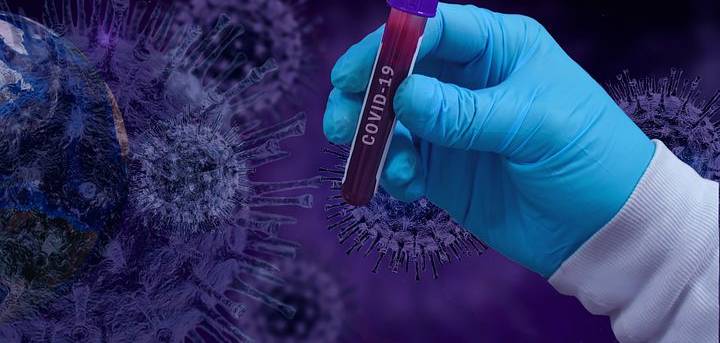
The current over-consumption of animal protein has negative impacts not only on animal and human health but also on the planet, as animal agriculture and the demand for animal protein are driving forces behind climate change.
Cultivated meat could contribute to closing the gap between the amount of animal protein that can be sustainably produced and the actual global demand.
Cultivated meat or “cell-cultured meat” is real meat, originating from an animal, but without the need to maintain large numbers of animals under industrial conditions. The growth and development process takes place in bioreactors. The original animal cells are obtained humanely from living animals through biopsies, and placed in a growth medium.
GAIA and Eurogroup for Animals welcomed the audience at the Museum of Natural Sciences where, after an introduction from Dr. Jane Goodall, scientists and industry representatives addressed the key topics on the novel food technology: state of the art, existing barriers, environmental and social benefits. The consumers' perception and demands were debated in a panel discussion.
Indeed, while plant-based products appeal to some consumers, meat is still perceived as a unique food product. The potential of cultivated meat is that it will have the desirable properties of conventionally produced meat, and appeal to groups of consumers who are not willing to adopt an only plant-based diet.
Moreover, it offers an opportunity to decrease antibiotic use and mitigate risks for the spread of zoonoses, of which current animal production is a driving force and it is also free from pathogens such as salmonella.
“Cultivated meat could radically change our relationship with farmed animals and contribute to saving the planet, thanks to its lower environmental impact and to the reduction in the number of animals raised for food. Instead of producing feed for intensely farmed animals, we could divert resources to produce food to feed people”, commented Reineke Hameleers, CEO, Eurogroup for Animals.
“We need to fully commit to new, sustainable and animal-friendly technologies to produce food. A transition which could create such a great upheaval, for the animals and for the planet. Modern science carries enormous potential, it would be remiss to look the other way. That’s what we learned again today, from all the experts who came to speak here at the symposium.”, added Ann De Greef, General Director, GAIA
“Despite the rise of plant-based proteins, demand for meat remains high. Unlike plant-based products, cultivated meat is made from animal cells to produce a taste and texture almost identical to conventional meat, with many possible advantages: it reduces the need to raise animals for food, its production can be more environmentally friendly and also minimise food safety issues. As society, we must walk towards mainstreaming plant-based proteins that prove to be more sustainable and that do not harm animals.", commented Francisco Guerreiro MEP, Greens/EFA, PT.
“The way animal proteins are produced and consumed today has a major impact on the health of the planet. In Europe, current levels of meat consumption are unsustainable. Yet we know that one of the most effective ways to tackle the climate crisis is to transform our food system: cultivated meat could be an important piece of this puzzle. It will meet the demand for meat using less land and create room for more sustainable farming practices. Cultivated meat is a win for animals and the environment.”, added Niels Fuglsang MEP, S&D, DK.
Precision fermentation : It is a process that "programs" microorganisms to produce any complex organic molecule.
Posted on 2022-04-26 10:38








Comments